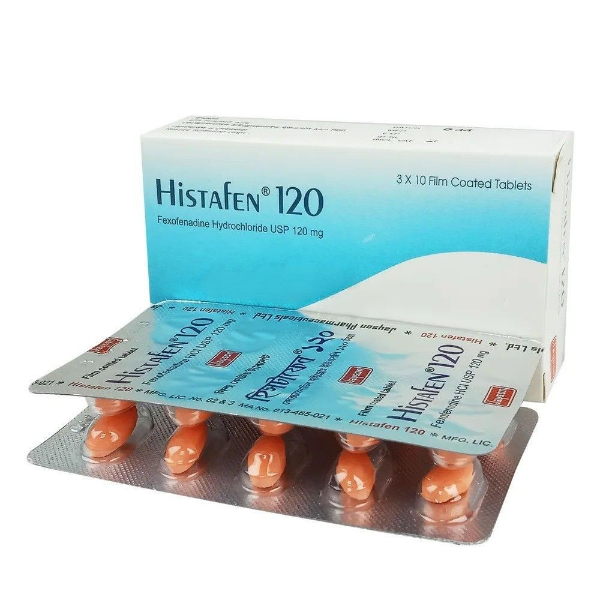Description
রেজিস্টার্ড চিকিৎসকের পরামর্শ মোতাবেক ঔষধ সেবন করুন*
Indications:
-
Anxiety disorders
-
Insomnia (short-term)
-
Muscle spasms
-
Seizure disorders (as adjunct therapy)
-
Alcohol withdrawal symptoms
-
Preoperative sedation
Pharmacology:
Diazepam is a benzodiazepine that enhances the effect of the neurotransmitter GABA (gamma-aminobutyric acid) in the brain. This leads to calming effects, muscle relaxation, anticonvulsant activity, and sedation.
Dosage:
-
Adults: 2 to 10 mg, 2 to 4 times daily based on the condition
-
Elderly or debilitated: Lower initial doses
-
Must be individualized and prescribed by a physician
Administration:
-
Oral administration
-
Should be taken with water
-
Preferably at bedtime for insomnia or at fixed times for anxiety
-
Do not abruptly discontinue without medical advice
Interaction:
-
Increased CNS depression with alcohol, opioids, antihistamines, antidepressants
-
May increase plasma levels of phenytoin
-
Interaction with cimetidine, fluoxetine, and other CYP450 inhibitors
Contraindications:
-
Hypersensitivity to Diazepam or other benzodiazepines
-
Severe respiratory insufficiency
-
Myasthenia gravis
-
Sleep apnea syndrome
-
Acute narrow-angle glaucoma
Side Effects:
-
Drowsiness, dizziness, fatigue
-
Muscle weakness, impaired coordination
-
Confusion (especially in elderly)
-
Risk of dependence or withdrawal symptoms with long-term use
Pregnancy & Lactation:
-
Not recommended during pregnancy (especially first trimester)
-
Can cause neonatal withdrawal symptoms if used in late pregnancy
-
Excreted in breast milk — use with caution during lactation
Precautions & Warnings:
-
Use cautiously in patients with liver/kidney impairment, elderly, or those with a history of substance abuse
-
Avoid alcohol and operating machinery
-
Gradual dose reduction recommended to avoid withdrawal
Therapeutic Class:
-
Benzodiazepines, Anxiolytics, Sedatives, Anticonvulsants
Storage Conditions:
-
Store below 25°C in a dry place
-
Protect from light and moisture
-
Keep out of reach of children














.jpg)



